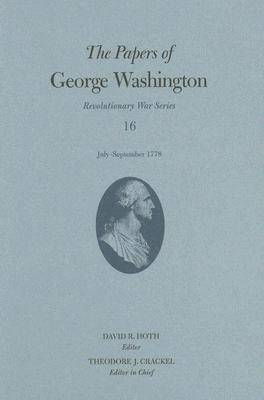Revolutionery War
2 total works
The concluding volume of the Presidential Series begins following the publication of Washington's Farewell Address, which was circulated widely in newspapers and drew reactions from citizens across the nation. With his approaching retirement from the presidency, Washington tended to a number of domestic and international issues, including his final annual message to Congress, ongoing Indian affairs, the growing acrimony between the United States and France about the Jay Treaty and U.S. neutrality policy, and diplomacy with the dey of Algiers and other Barbary powers. In his personal life, Washington corresponded with his farm managers, continued his unsuccessful pursuit of runaway slave Oney Judge, mentored George Washington Parke Custis as he began his studies at the College of New Jersey, and renounced spurious letters that first appeared in print during the Revolutionary War as forgeries, requesting that his statement "be deposited in the office of the department of state, as a testimony of the truth to the present generation and to posterity.
The Papers of George Washington v. 16; July-September 1778
by George Washington
Published 6 October 2006
The massive ""Revolutionary War Series"" (1775-1783) presents in documents and annotation the myriad military and political matters with which Washington dealt during the long war for American independence. Volume 16 documents a time of unusual optimism for Washington and his army. Following the great victory at the Battle of Monmouth, Washington received the welcome news that a French fleet had arrived in American waters. Understanding the advantages usually afforded to the British army by their control of the seas, Washington looked to deliver a decisive blow that might end the war.

